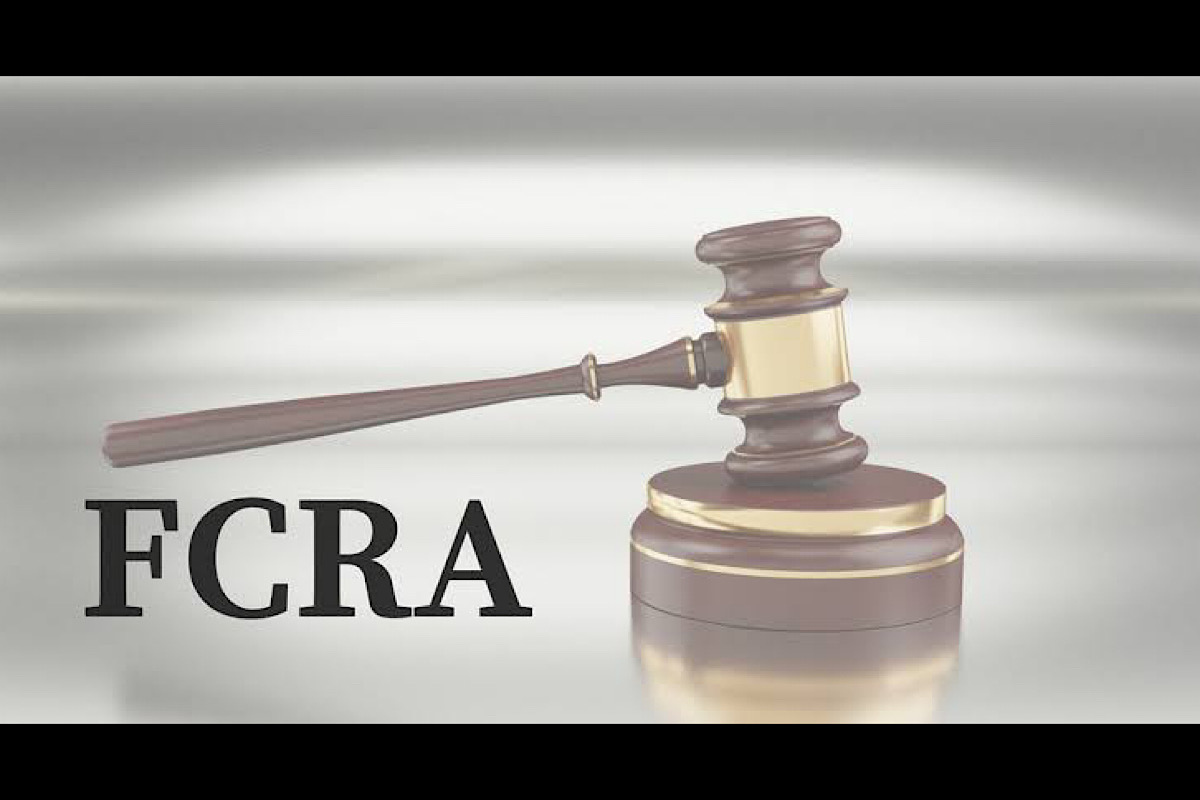The Foreign Contribution Regulation Act (FCRA) stands at the junction of financial accountability and security concerns within the voluntary sector. Its history and amendments shape a narrative that often leaves entities like a renowned think tank caught in the crossfire. As the recent cancellation of the FCRA licence of a well known think tank raises critical questions, it becomes imperative to scrutinise the delicate balance between the government’s need for oversight and the sector’s indispensable role in societal development.
The FCRA, conceived in 1976 during the Emergency, was ostensibly introduced to curb the influence of the “foreign hand.” Over the years, it has undergone multiple amendments, each reflecting the evolving dynamics of the relationship between the government and non-governmental organisations (NGOs). The latest incident involving the think tank underscores the constant tension between financial accountability and the perceived threat to national security. One key proposition emerges from the ongoing debate.
Advertisement
Should FCRA be solely an instrument of surveillance and security, or can it be refined to primarily serve as a tool for financial accountability? Advocates for the latter argue that amending the Foreign Exchange Management Act (FEMA) with relevant clauses for the social sector could achieve accountability without compromising security considerations. However, this proposition, despite its merits, has not found favour with the government. The case of the think tank epitomises the challenges faced by entities navigating this complex regulatory landscape.
Accusations of “hurting India’s economic interests” through alleged misutilisation of foreign funds for protests and legal battles against development projects highlight the intricate nature of their role performance. The FCRA, administered by the Ministry of Home Affairs, becomes a tool for scrutiny, sometimes leading to licence cancellations. A crucial aspect often overlooked is the diverse range of entities registered under the Societies Registration Act of 1860, creating anomalies that contribute to the government’s distrust.
The love-hate relationship between the government and NGOs persists across regimes, with tightening regulations showing little regard for the essential role these entities play in addressing societal issues. The trust deficit is further exacerbated by the FCRA’s rigid categorisations, where expenses, including administrative heads, are subject to scrutiny.
The cancellation of FCRA licences for entities like the think tank and another initiative prompts a closer examination of whether academic institutions should restrict the use of their studies by activist groups or prevent protests that draw on their findings. In this evolving landscape, it is crucial to acknowledge the significant contributions of voluntary sector entities while ensuring uniform and transparent accountability structures.
The ongoing tug-of-war between the government’s need for control and the sector’s commitment to societal welfare demands a nuanced approach. The FCRA’s role must evolve from a mere surveillance tool to a mechanism that fosters cooperation, ensuring that accountability serves as a catalyst for positive change rather than stifling the crucial work of these organisations.









